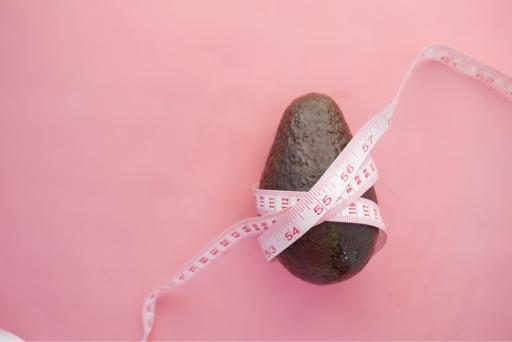If you’re taking Ozempic (semaglutide), understanding which foods and drinks to minimize consumption of can be key for getting the best results. Ozempic is an FDA-approved prescription medication for managing blood sugar in individuals with type 2 diet-in-weight-loss-and-diabetes-reversal/’>diabetes. Weight loss is a side effect of Ozempic and other GLP-1 medications, as it works by mimicking a naturally-occurring hormone that promotes satiety, leading to feelings of fullness. For this reason, Ozempic is often prescribed off-label for weight management among certain individuals.
Scientists are studying how medications like Ozempic impact eating habits, appetite and food choice, yet remain unsure of the best diet to follow or foods to eat or not to eat while on Ozempic, as research is still emerging. Still, there are possible side effects when taking Ozempic—including gastrointestinal issues such as nausea, acid reflux, or constipation—that can be managed through dietary choices.
Here, seven foods and drinks to limit or avoid when taking Ozempic and why reducing them may help achieve results:
- Carbonated Beverages: Drinks with carbonation should be avoided or minimized if they trigger gastroesophageal reflux disease (GERD) or reflux. Carbonation pressure in the stomach combined with delayed digestion caused by Ozempic can exacerbate these issues.
- Acidic Foods: Acid reflux occurs when stomach contents move back into the esophagus. Foods like tomato sauce, citrus fruits, and coffee can worsen or trigger reflux, which is a side effect of Ozempic.
- Alcohol: Alcohol consumption can cause fluctuations in blood sugar and adds unnecessary calories. It may also worsen symptoms like nausea and acid reflux.
- Coconut Oil: High-fat foods can worsen reflux or nausea because they slow down the digestive process, which is already delayed due to the medication.
- Salsa: Spicy foods like salsa should be avoided if you have a history of GERD, as they can irritate the stomach and exacerbate symptoms.
- Fried Foods: High-fat, deep-fried foods can worsen nausea and potentially lead to vomiting, diarrhea, or reflux, as they slow digestion even further.
- High-Sugar Foods: Foods high in sugar can cause or worsen nausea and contribute to blood sugar swings that may counteract the effects of Ozempic.
How to Recover After Eating These Foods on Ozempic:
Foods to avoid should be based on individual experiences, as tolerance may vary. Here are some remedies if you eat something that doesn’t agree with you:
- Rest: Lying down can help manage symptoms such as dizziness or nausea.
- Hydrate: Warm or hot herbal tea can offer relief from nausea while improving hydration.
- Consider Over-the-Counter Remedies: Antacids or anti-diarrheals may help alleviate discomfort, but consult with a healthcare professional first.
- Keep a Food Log: Keeping track of foods that trigger reactions can help identify patterns and allow for better meal planning.
If you are taking Ozempic, it’s important to work with a doctor or registered dietitian to develop an eating plan that works best for you and your health goals.

Source: Forbes





